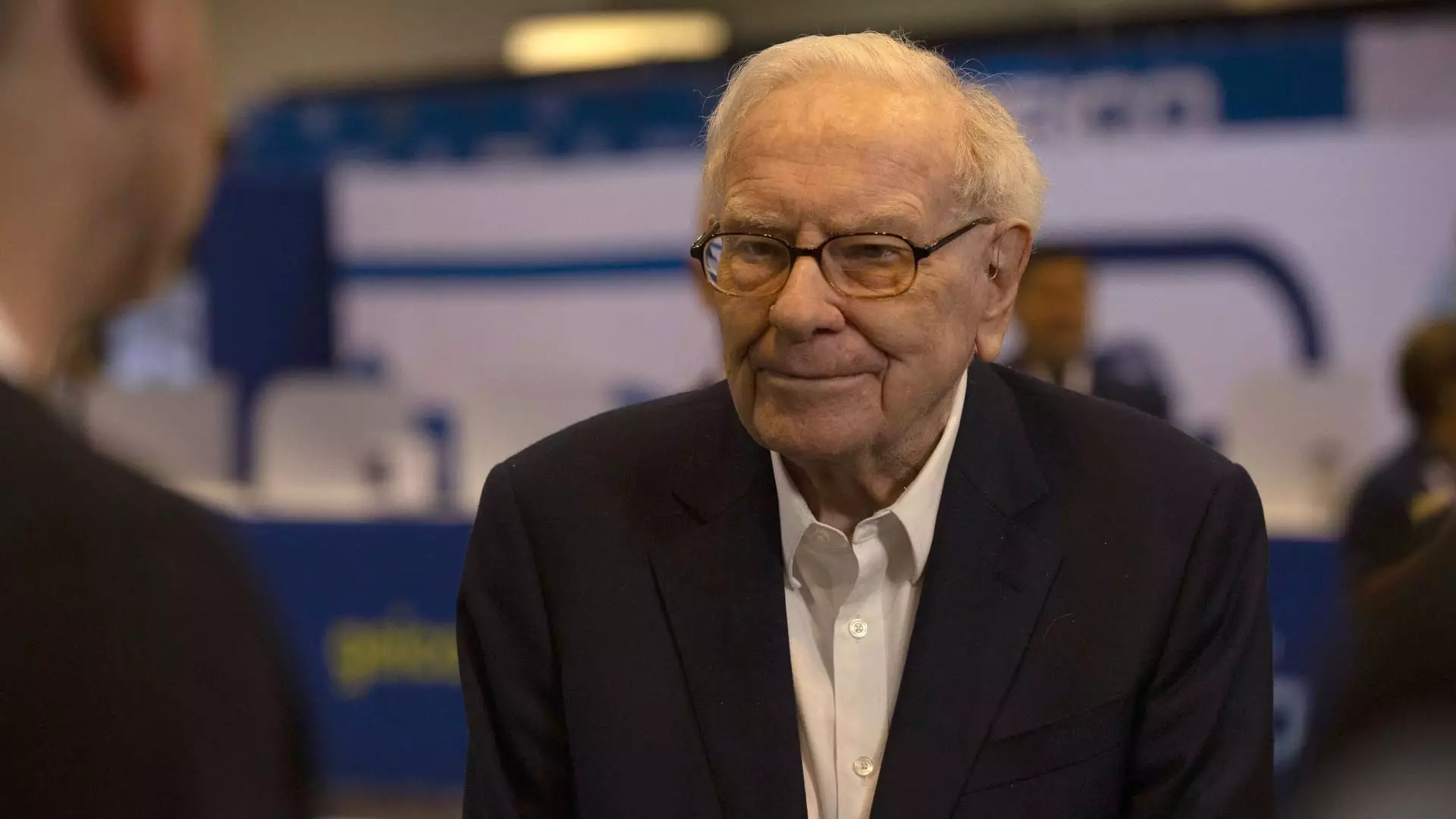Berkshire Hathaway has recently unveiled its financial results for the fourth quarter of 2024, revealing a substantial increase in operating earnings. This surge, led primarily by the performance of its insurance sector, is noteworthy amidst fluctuating economic conditions. Under the leadership of Warren Buffett, the conglomerate reported operating profits of $14.527 billion, a striking 71% rise from the previous year’s figures. Such growth underscores not only the resilience of Berkshire’s diversified portfolio but also the pivotal role played by its insurance divisions.
The impressive jump in operating profits was largely fueled by an incredible 302% increase in insurance underwriting, which accounted for $3.409 billion. This explosive growth stems from favorable underwriting conditions as well as strategic adjustments made during the year. Additionally, insurance investment income also saw significant gains, climbing nearly 50% to $4.088 billion. These figures paint a picture of a robust insurance model that continues to capitalize on market opportunities, even as challenges loom, such as the recent wildfires in Southern California, which are expected to inflict an estimated $1.3 billion pre-tax loss on the insurance side.
This dynamic showcases Berkshire’s versatility within the insurance sector, particularly highlighting GEICO’s performance as a key contributor. However, the juxtaposition of such success against potential losses exemplifies the volatility inherent in the insurance industry, which must continuously grapple with unpredictable external factors.
Despite the operational triumphs reflected in these earnings, Berkshire’s reliance on cash reserves has drawn scrutiny. The company currently holds $334.2 billion in cash, a record high that marks a significant increase from the previous quarter’s $325.2 billion. Buffett has asserted that this cash reserve is a strategic decision, providing flexibility in an unpredictable market. He reassured shareholders that a substantial majority of their investment remains in equities, despite the concerns surrounding a seemingly large cash position. This reflects a careful balancing act, as Buffett navigates the challenge of finding viable investment opportunities amidst a climate of rising inflation and shifting market dynamics.
While some analysts may view this cash hoarding as a lack of investment opportunities, Buffett’s historical approach emphasizes patience. Indeed, the considerable liquid assets serve as a buffer, allowing Berkshire Hathaway to act decisively when the right investment targets present themselves.
Examining the overall investment landscape, Berkshire posted a notable decline in investment gains for the fourth quarter, dipping sharply to $5.167 billion from a staggering $29.093 billion in the previous year. This downturn sparked conversations around the effectiveness of Berkshire’s investment strategies, particularly given its reported divestiture of significant portions of its stake in Apple throughout 2024. This strategic retreat from one of the tech giants indicates a more cautious approach as market valuations fluctuate.
Buffett has articulated that relying on investment growth as a metric can be misleading, especially for those unfamiliar with the nuances of accounting. This acknowledgment underscores the complexities involved in evaluating Berkshire’s financial health and the inherent variability of investment gains linked to market conditions.
Berkshire Hathaway’s financial results for 2024 encapsulate the dual nature of its operations—a powerhouse in the insurance realm and a cautious participant in broader market investments. The considerable rise in operating operating profits, alongside a record-breaking cash reserve, signifies strong operational execution. However, as the declines in overall earnings indicate, the company faces significant challenges in navigating market volatility and external risks. Going forward, the strategic decisions made during this pivotal juncture will likely define Berkshire’s trajectory in the investment landscape. The underlying question remains: can Buffett find compelling opportunities to deploy his substantial cash reserves, or will Berkshire continue to weather the uncertainties of its financial ecosystem?

